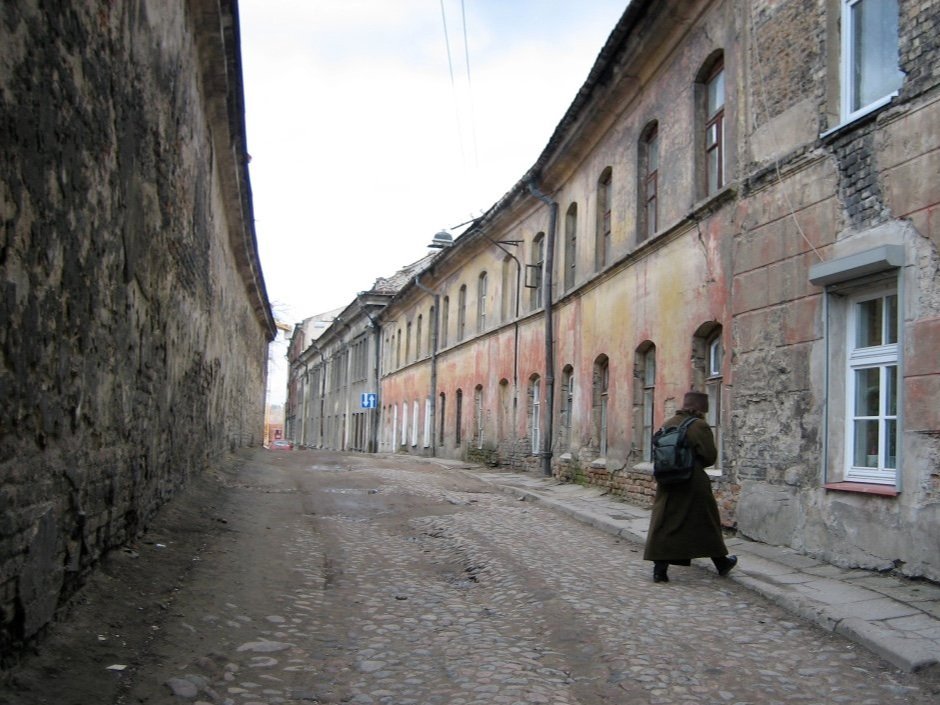
The Crooked Mirror l Louise Steinman’s Blog
Journeys within and beyond
Search my blog posts
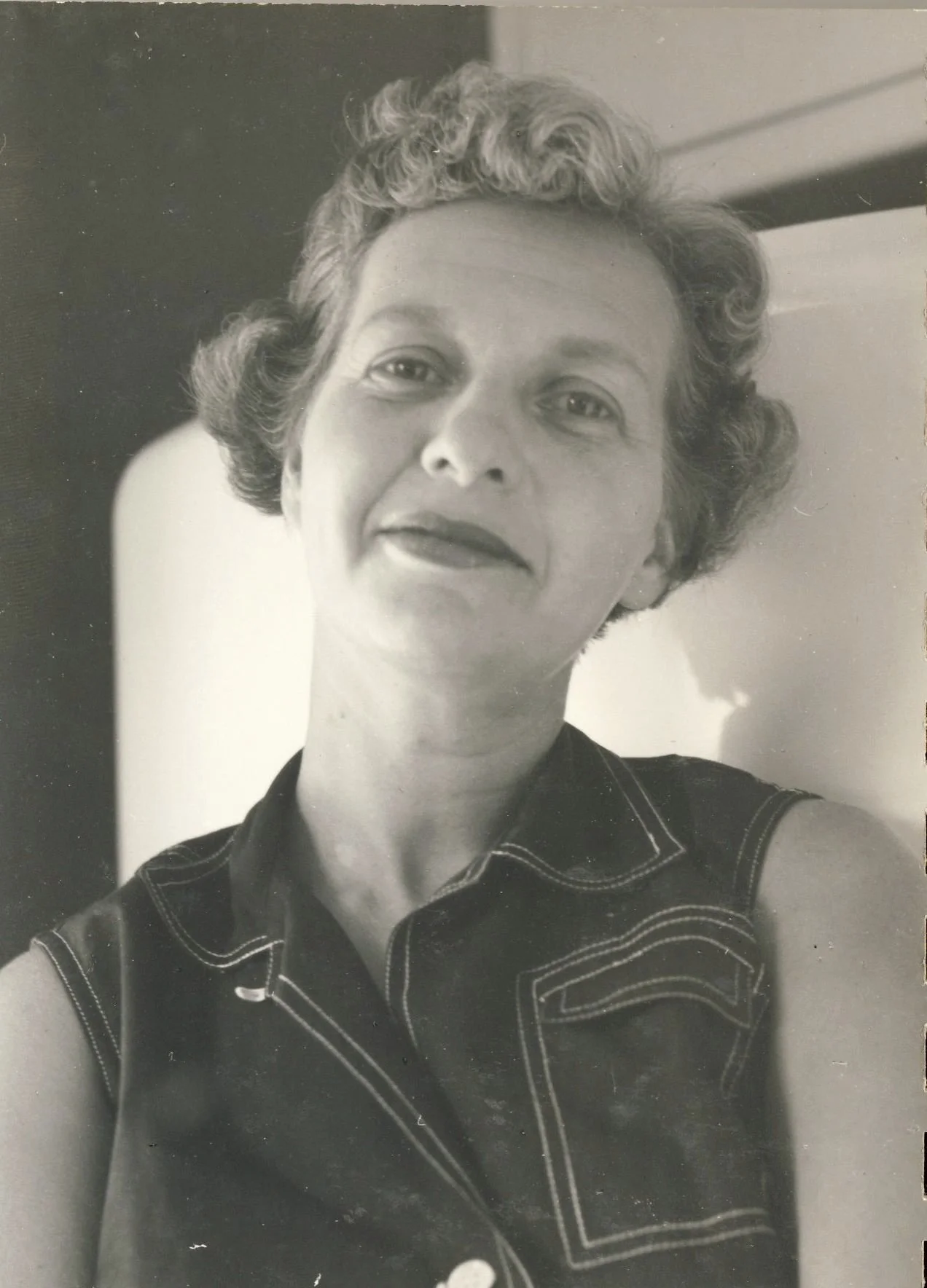
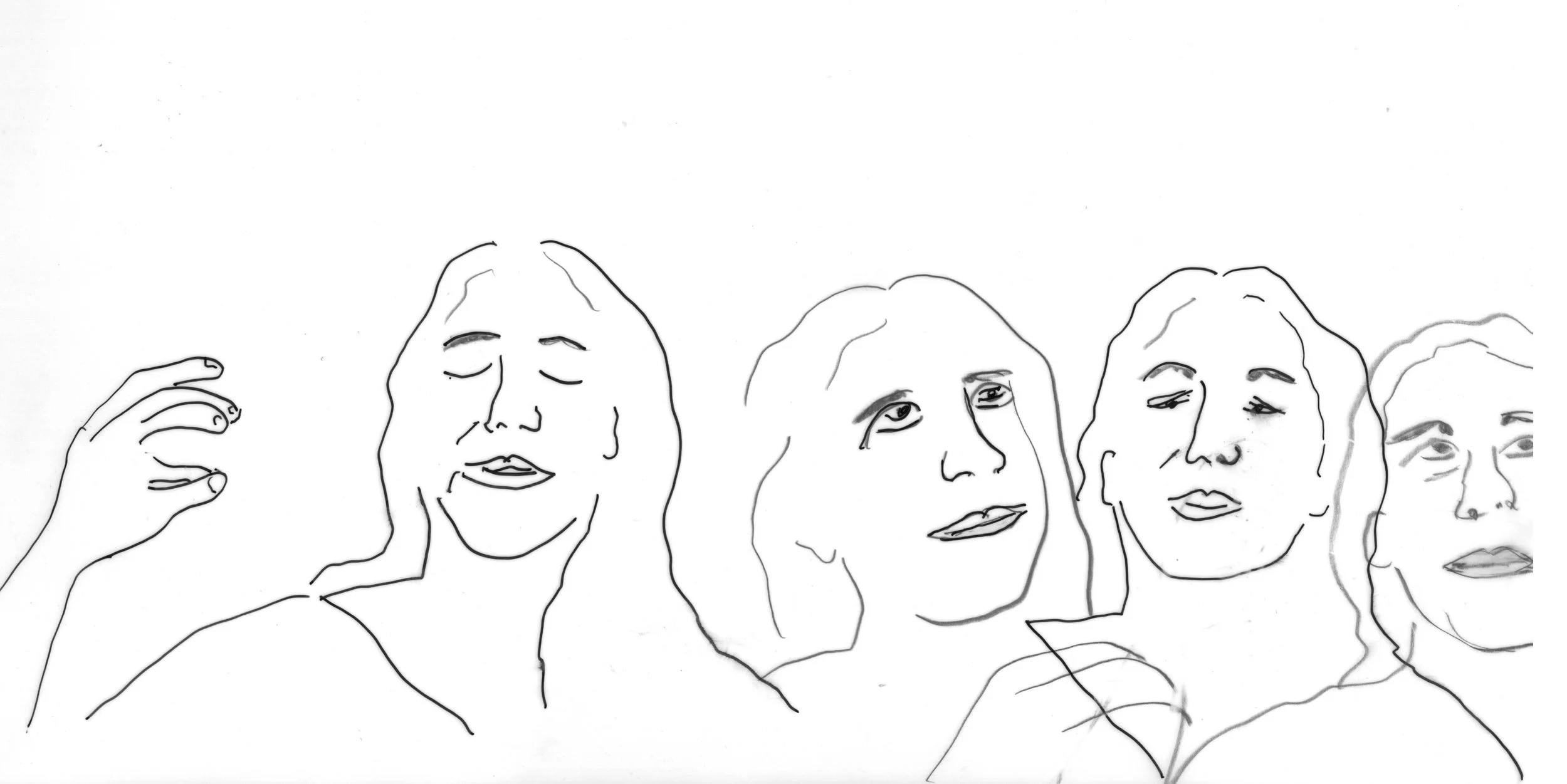
Khatol, a beautiful flower that blooms in the spring
We began working together in late spring, via Zoom. As the weeks went on, it was clear— as far as learning goes — that our encounters were a two-way street. I so looked forward to my weekly meetings with Khatol; a necessary counterweight to my despair in this noxious anti-immigrant climate.
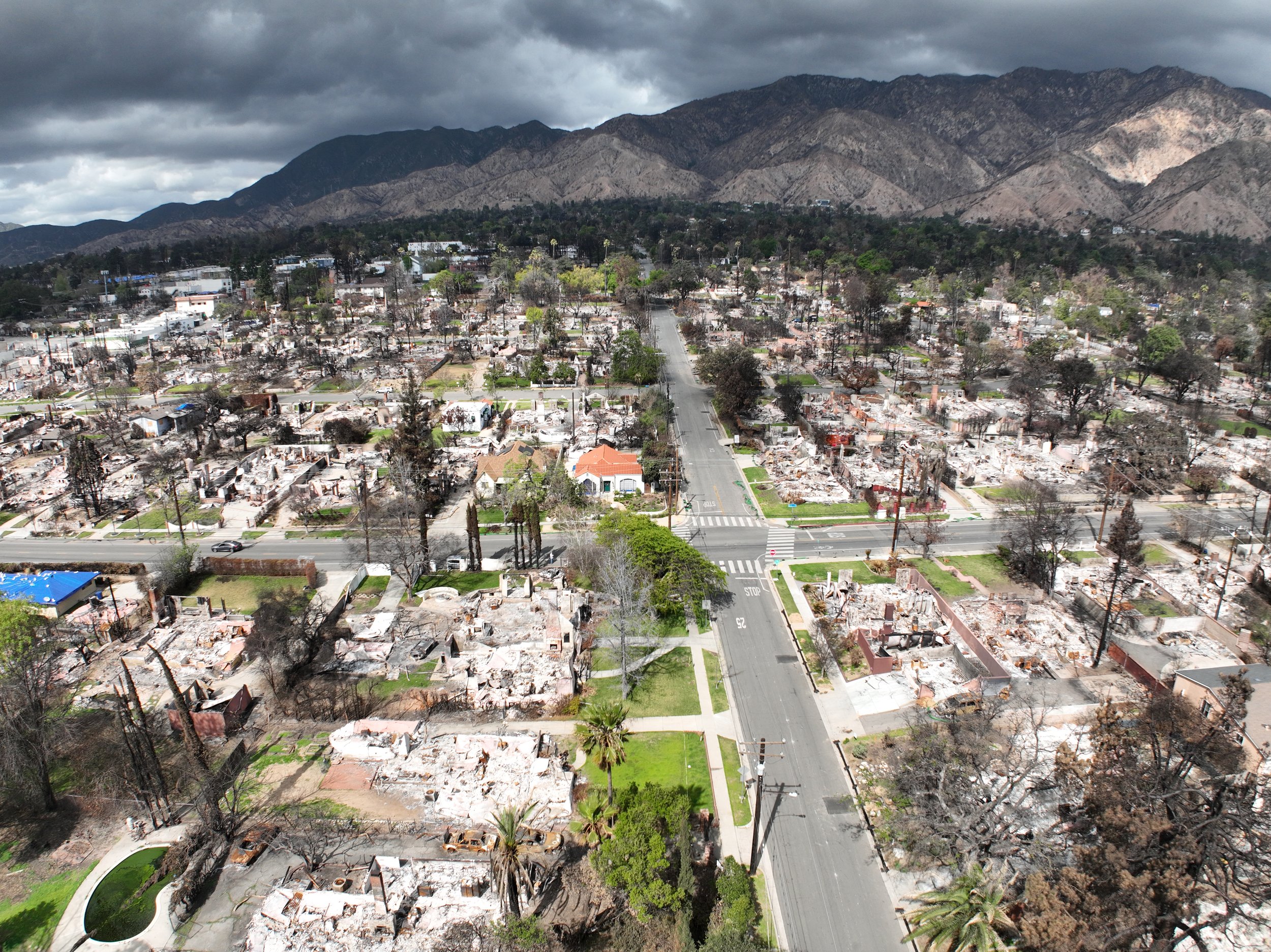
Life in the Pyrocene: The West in the Era of Climate Change
Sometimes you don’t see the San Gabriels until the streets stop and the mountains start. The veil suddenly thins, and there they are, in height and magnitude overwhelming. You plunge into a canyon flanked with soaring slopes before you realize you are out of town. The San Gabriel Mountains are as rugged as any terrain in America, and their extraordinary proximity to the city, the abruptness of the transition from the one milieu to the other, cannot be exaggerated.
John McPhee, Los Angeles Against the Mountains
Should an ember ignite the canyon one day, what would I want to save, what would be too painful to lose?
Ruben Martinez, A Political Ecology of Fire in Los Angeles
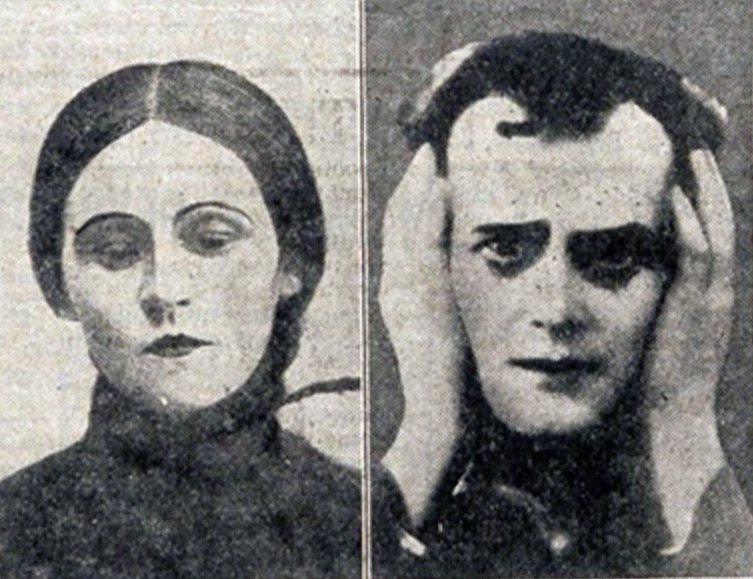

Dream Loops
She watched the women bend the supple maguey fibers and slip the ends through loops. She watched their fingers in their complicated knowing dance moving towards a finished rounded form.

Swans in the Morning: My Japanese Translator
April 15, 2025
I was lucky to be paired with a wonderful Japanese translator, Masako Hayakwa, on a trip to Japan in 1995, when I was on my quest to return a Japanese flag to the family of a Japanese soldier.
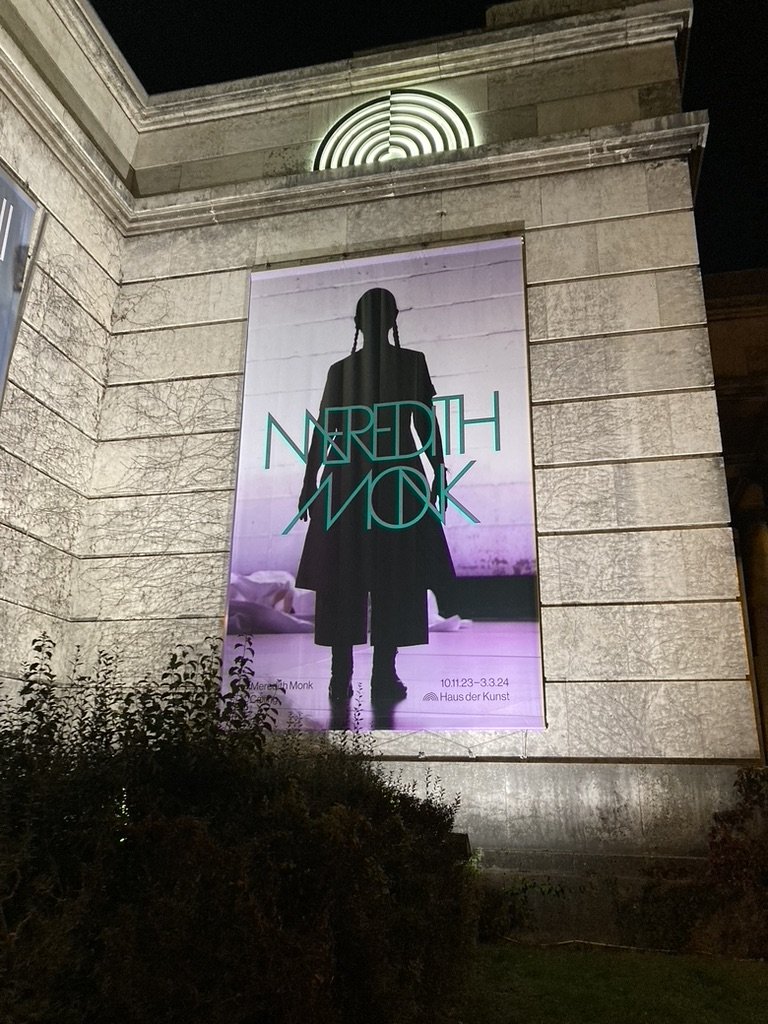
Meredith Monk: Calling
November 6, Amsterdam, Oude Kerk
Every year on March 9th, at half past eight a.m. at the Solstice, the first ray of sunlight falls on the tomb of Saskia Uylenburgh—Rembrandt's beloved wife— in Amsterdam's Oude Kerk, the city’s oldest building (built in 1302) and as well, one of its newest art institutions.
Now it’s chilly November, the sky dark grey, and I’m walking from Amsterdam’s central station, through the De Waal (Red Light) district, to the entry of the Oude Kerk. This mammoth building is now the venue for a remarkable series of installations comprising the first-ever European survey of the work of polymath artist (choreographer; composer; performer; filmmaker) Meredith Monk. The retrospective, “Calling: Meredith Monk” is being presented in two cities, Amsterdam and Munich, in celebration of the artist’s 80th birthday and her sixty years of prolific art-making.

Bending the River
Crowned with a hard hat and a sporting a Day-Glo orange vest, I stand in the middle of the vast channel of the Los Angeles River, our river—that runs fifty-one miles to the sea. On a searing hot July afternoon, I’m listening to artist Lauren Bon explain her Bending the River project to a small group of people participating in a tour. I’m trying to understand what it is I’m seeing.

A Day in Radomsko
Preface
IN THE SPRING of 2021, KARTA Center in Warsaw brought out a Polish translation of my book, The Crooked Mirror, nine years after its publication in the United States. The book chronicles my decades-long immersion in the discomforting, sometimes surreal, and ultimately healing process of Polish-Jewish reconciliation.
I first visited Poland in 2000 and was privileged to observe, in that more hopeful time, the nation’s new openness to historical inquiry about its past after forty years of Communist rule, when it was taboo to discuss Polish collaborators, pogroms, or the killings of returning Jews after the war. I met brilliant artist-activists who were finding ways to commemorate the Jewish absence in their midst and to educate their communities about a history in danger of being lost or obscenely distorted. I also saw fresh stirrings of Jewish life in Poland, and a touching inquisitiveness among the young about Jewish identities kept hidden after the war.

Greenwriting on the Skarpa
It’s dark when we arrive at Katy’s house in the Polish countryside, early fall, 2019. My friend and I, both road-weary, climb a flight of wooden stairs to retire. My friend installs herself in the bedroom of Katy’s daughter, Magda, now a young doctor in London. I bed down in the room that belongs to Katy’s son, Sammy, a classics major at the University of Warsaw. Everywhere there are stacks of book, fascinating books. Philosophy. History. Poetry. Books in Polish. Books in English. I want to look at all of them, but I’m so sleepy. Before I crash, I peek into Katy’s room/studio, noting piles of notebooks, vibrant watercolors. A chorus of frogs serenades me through the open window as I fall asleep.